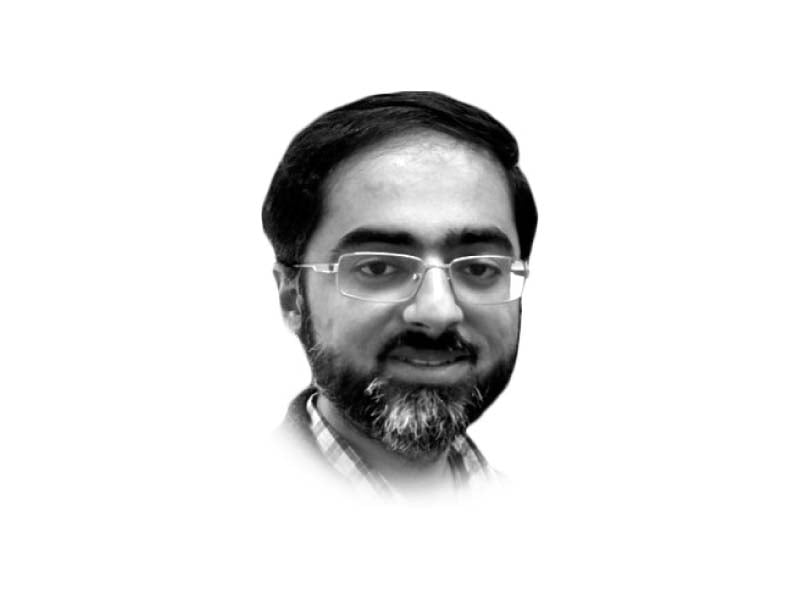
Pakistan has recently seen a vibrant discussion on elite capture. However, most discussions are silent on how a country’s affairs can be characterised as elite capture. After all, any economy is made of interest groups competing for economic resources.
This problem is further compounded by the role governments have played to facilitate economic progress of their respective countries. Unlike a century ago, public now demands of governments to regulate economies and act as economic agents in its own right: providing health, education and other socially desirable goods and services.
This implies that to improve public welfare, government policies are creating winners and losers in almost every sector. John Hicks noted, “Every economic reform inflicts a loss upon some people.” This is true even when the proposal “shows a net advantage”. Hicks notes, “Economic progress has accumulated a roll of victims sufficient to give sound policy a bad name.”
How does the electorate know if the policy under consideration is at least intended to serve society’s interests as a whole rather than elites’? This is complicated as policies involve significant costs in the short term whereas their benefits materialise only in future.
Thinkers believing in the efficiency of laissez faire economic system often contend that government should withdraw from intervening. However, this solution often takes for granted that a laissez faire system does not suffer a similar problem.
For example, two equally good start-up ideas can see a different fate just because one entrepreneur has financing on favourable terms. The presence of such asymmetries in the economy means a laissez faire system is prone to creating winners and losers except it offers moral convenience whereby one is unable to blame a particular entity.
Given this, elite capture can be identified by assessing credibility of processes of policy decisions. Since an important part of decision-making are institutions, their nature, culture of meritocracy and autonomy with which they operate should be central to discussions on elite capture.
These can be defined as what Friedrich Hayek calls “use of knowledge”. In “The Use of Knowledge in Society”, Hayek highlights the importance of knowledge in planning processes which can be used for institutional reforms.
First, institutions should operate at a level where knowledge needed for making relevant decisions is readily available. This highlights the need for effective local government system — the 18th Amendment. In a centralised system, all knowledge must be passed to central authority. However, decentralisation can increase the system’s efficacy.
Second is the institutions’ ability to process knowledge to reach a well-thought decision. This is where institutions’ HR policy takes centre stage.
Dr Nadeemul Haque argues government departments should be allowed their own HR policy including freedom to hire at senior positions from the private sector. A good place to implement this will be the autonomous bodies and executive departments of the federal and provincial governments.
At a more central level, the current proposal under review with the Institutional Reforms Cell headed by Dr Ishrat Hussain is a step in the right direction. The proposal aims at evaluating CSS candidates on specific domain knowledge followed by matching candidates to predetermined cluster groups. This, with Dr Haque’s suggestions, will help build internal capacity of government institutions necessary for right decisions.
Third, institutions should have independence to execute decisions they arrive at in the process of delivering the public service assigned. To ensure this, Dr Haque argues, “Each agency and functional head be recognised as a principle accounting officer and be given adequate powers and resources with clear lines of accountability and audit rules.”
Promoting right culture within institutions which facilitates acquisition and accumulation of talent with decision-making at government level where relevant knowledge is available will improve the credibility of the process and help overcome elite capture. If not, policy decisions taken with good intent too will be perceived as taken to benefit a particular interest-group.
Published in The Express Tribune, September 19th, 2020.
Like Opinion & Editorial on Facebook, follow @ETOpEd on Twitter to receive all updates on all our daily pieces.


1725612926-0/Tribune-Pic-(8)1725612926-0-165x106.webp)










COMMENTS
Comments are moderated and generally will be posted if they are on-topic and not abusive.
For more information, please see our Comments FAQ